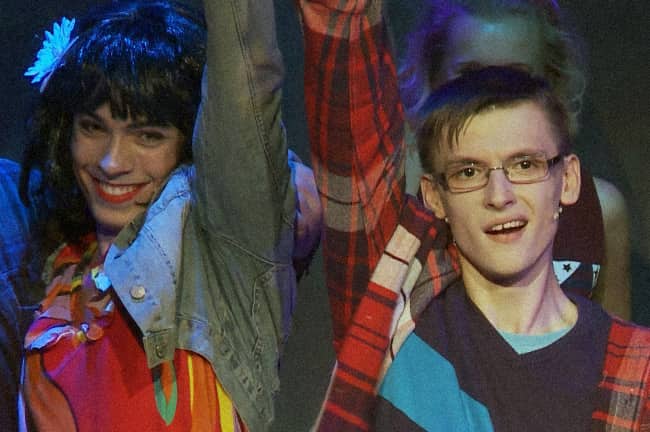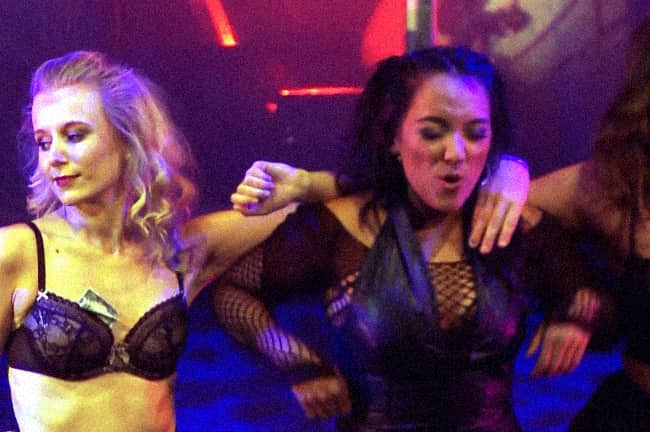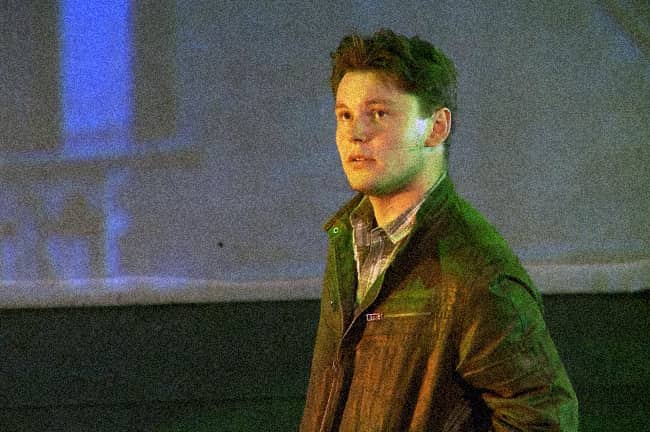Rent
Rent follows a group of young artists and musicians living in New York City's East Village as they navigate love, loss, and the HIV/AIDS crisis in the late 1980s. The story centers around aspiring filmmaker Mark and his roommate, musician Roger, who are struggling to pay rent and make ends meet. As they deal with the recent death of their friend and former roommate, they also confront their own personal challenges, including Roger's HIV diagnosis and his relationship with his ex-girlfriend Mimi, who is also HIV-positive. Meanwhile, their friends Maureen, Joanne, Tom, and Angel face their own battles with love, sexuality, and the impact of the AIDS epidemic on their community. Through a powerful score of rock, pop, and ballads, Rent explores themes of community, creativity, and the will to survive in the face of adversity.
- Rhoda McGaw Theatre, Woking
- 17 September - 19 September 2015












Photography: Front of House Photography
Cast
Mimi Grace Mouat
Maureen Frankie McKean
Joanne Maria Langford
Mark Freddie Cox
Roger Matt Hough
Collins Alex Kirkham
Angel Jamie McNicholas
Benny Akhil Gowrinath
Homeless Elly Fenton, Dorcia Fox-Noble, Sarah Jones, Craig Marshall, Brett Walker
Ensemble Khuda Bee, Helen Bracher, Laura Brand, Darea Ellis, David Few-Cooper, Sabrina Hinchcliffe, Annie Imrie-Cook, Sean Lyttle, Amber Lacey Newman, Fred Pollard, San Rao, John Sherringham, Megan Swaisland, Paul Weems, Sarah Wilson, Frazer Woodhams, Martin Woodhams